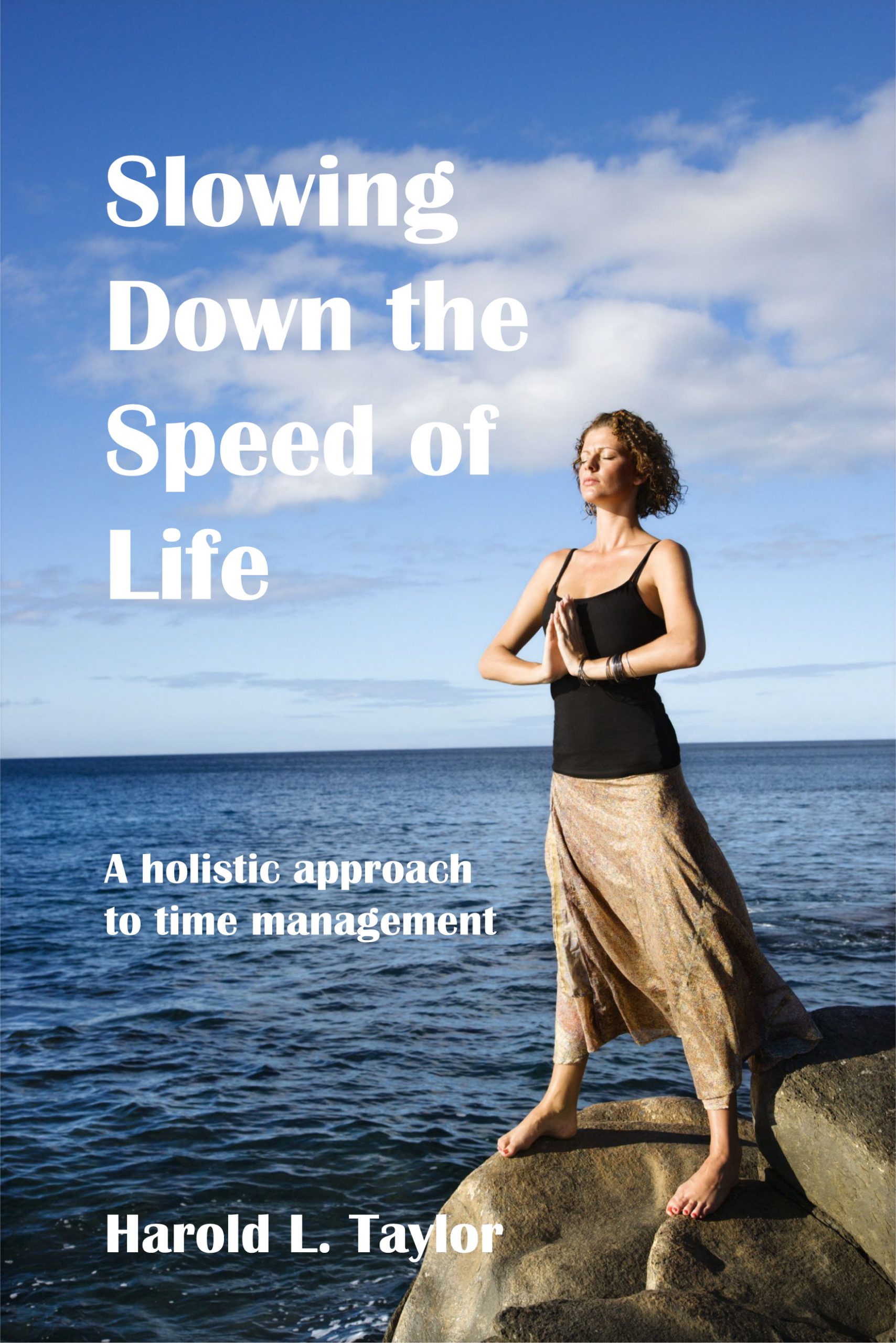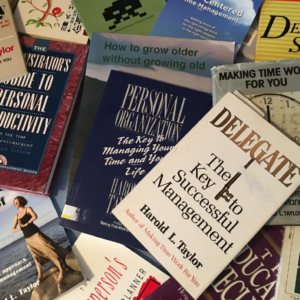Description
External time is measured in minutes; but internal time is measured in memories.
Why does time seem to pass more quickly as you get older? Why is a large part of your life missing from your memory? Is there a way of slowing down the perceived passage of time? What is the long-term impact of multitasking and technology on your life and well-being? How can we make use of our biological clock to improve the way we manage time? What is the emerging priority that is already being threatened by this age of speed?
These questions and more will be answered as time management expert Harold Taylor takes time management to a new level as he explores not clock time, but internal time, and how we can practice the greatest time management strategy of all – living longer and healthier with our memories fully intact.
Drawing on recent brain research and his own life experiences, he demonstrates how, through a more holistic approach to time management, we can influence our perceived passage of time so that looking back in retrospect, we recall a long, fulfilling and meaningful life.
Harold Taylor, owner of TaylorinTime, has been speaking, writing, and conducting training programs on the topic of effective time management for over 40 years. He has written 17 books, including a Canadian bestseller, Making Time Work for You, as well as 38 e-books, published by Bookboon.com in Denmark. Since 1981, when he incorporated the time management company, he has presented over 2000 workshops, speeches, and keynotes on the topic of time and life management.
Contents
Introduction …8
Most of us are enjoying life as we live it; but if we can’t remember it later, did it really exist?
1. Time is in the eye of the beholder …11
Time flies when you’re having fun; but it can also seem to fly when you’re not having fun. Our perception of the passage of time can vary greatly.
2. Slowing down our perception of time …19
An hour will always last for sixty minutes; but there are ten things you can do to keep it from seeming like less.
3. Have goals that are meaningful to you …25
Pack your life with significance or your mind will delete most of your memories as spam.
4. Add variety to your life …31
If you spend every day counting golf balls, don’t expect your brain to differentiate one day from another.
5. Don’t multitask …37
You can’t really multitask anyway; but by attempting to do so you could cause some real problems as well as subtract a lot of memories.
6. Don’t rush needlessly …43
We have always known that haste makes waste; but perhaps you didn’t realize that it can waste your memories as well.
7. Wherever you are, be there …45
Sometimes you can be in the midst of everything and the only thing that is missing is you.
8. Simplify your life …53
Life is meant to be enjoyed; but if you complicate it with too much stuff, and too many activities, it can cause problems.
9. Exercise your body and your brain …61
You can take your body for a walk; but to exercise your mind you have to give it a different kind of workout.
10. Get enough sleep …67
You can put your brain at ease; but you can never get it to sleep. You can sleep, but the brain has a mind of its own.
11. Follow your biological clock …71
You don’t need the clock on the wall to tell you it’s time to eat or sleep or wake up. It’s biological my dear Watson.
12. Control your own life …77
When you lose control, your whole system gets upset, and puts you under a lot of stress.
13. Living longer as a time management strategy … 83
If you lived longer you could get a lot more accomplished than if you were simply efficient.
14. An emerging priority …89
Creativity is becoming an endangered commodity so it’s important to make time for it.
Epilogue …95
Go ahead, waste a little time; you’ve earned the right.
Bibliography …97
A list of books referred to during these pages so you can see where all the ideas are coming from and check them out for yourself.
Introduction
We’re not that great at judging the passage of time since our concept of time is influenced by so many things, such as heat, activity, stress, and speed. For example, according to the book, Time Warped, a person with a fever experiences a given period as being longer than someone without a fever. Also, when we are busy, jumping quickly from one job to another, time seems to pass more quickly. But when we are waiting in
a long line-up or marooned in a traffic jam, time seems to crawl. According to Vince Poscente, in his book The Age of Speed, 23 percent of Americans say they lose their patience within five minutes of waiting in line. This whole concept of time perception is used by professional marketers. That’s why businesses place magazines in waiting rooms and have TV sets in the service departments at car dealerships. Research shows
that customers perceive waiting time to be less if there are signs to read. While lined up for a show in a Las Vegas casino many years ago, I recall a bank of slot machines only feet away so patrons could lose more money while they were waiting in line for the doors to open. When you are busy, time seems to go faster.
Waiting time also seems to be shorter if customers have someone to talk to. When people wait only a minute or a minute and a half, their perception of time is fairly accurate. But any length of time over that produces time distortion and they think they have been waiting longer than they really have. Marketing consultant Paco Underhill recommends taking care of a customer in less than two minutes because of this fact. In his book, Why We Buy, he also claims that the time a shopper spends waiting, after an employee has initiated contact with her, seems to go faster than the same amount of time spent waiting before that initial interaction. So, acknowledging that the shopper is waiting tends to relieve time anxiety.
Most people want time to fly by if they are waiting in a doctor’s office or lined up outside a movie theatre or sitting in a dentist’s chair. But what they don’t seem to realize is that it’s their life that is flying by. Waiting time does not register in their long-term memories, and looking back at their lives in retrospect, they wonder how they got to be so old so quickly. 20 + years ago, when I suddenly realized I was past retirement age, I wondered about that as well. Could I have done anything differently so that time didn’t seem to pass so quickly? I know I can’t slow down the passage of time. The clock ticks relentlessly, regardless of what I do. But even most of the clock time seems to have escaped me. Fifty years seemed more like twenty. I felt cheated out of over half my life.
It was then that I started researching time from a different vantage point. For the forty or more years that I had been studying and teaching time management, I had been dealing with external or clock time. Now I am more interested in internal or perceived time. Most of us are enjoying life as we live it; but if we can’t recall it later, did it really exist? I have always thought that the greatest time management strategy has little to
do with working more efficiently; but everything to do with living a longer, healthier, happier life. Now, I would add the phrase, “that you can remember.” My conclusion after these past twenty years is that we can influence the speed at which our lives seem to pass, and that we can ensure that we recall a greater portion of it after the fact. And that looking back, it seems closer to the actual number of years we have lived. That’s what I call “internal” time management. The process of managing internal time involves more than just the study of efficiency and effectiveness; it involves holistic time management.
Holistic time management, as I see it, refers to the strategies necessary to lead a happier, healthier, longer, more productive and fulfilling life. It encompasses both external and internal time management, as well as health, stress, lifestyle and environmental issues that affect body, mind, and spirit. It is of little consequence if you save a few minutes each day only to lose years by running out of life before your time. But it is also a tragedy if you live a long life and then forget half of it. Managing your
internal time will help prevent that from happening.




